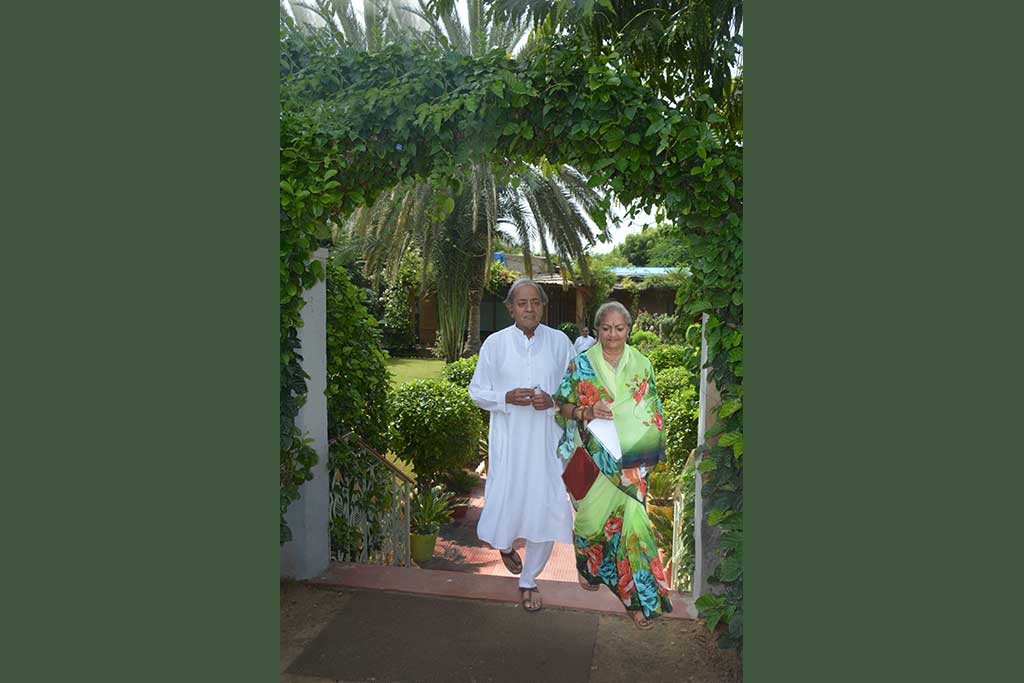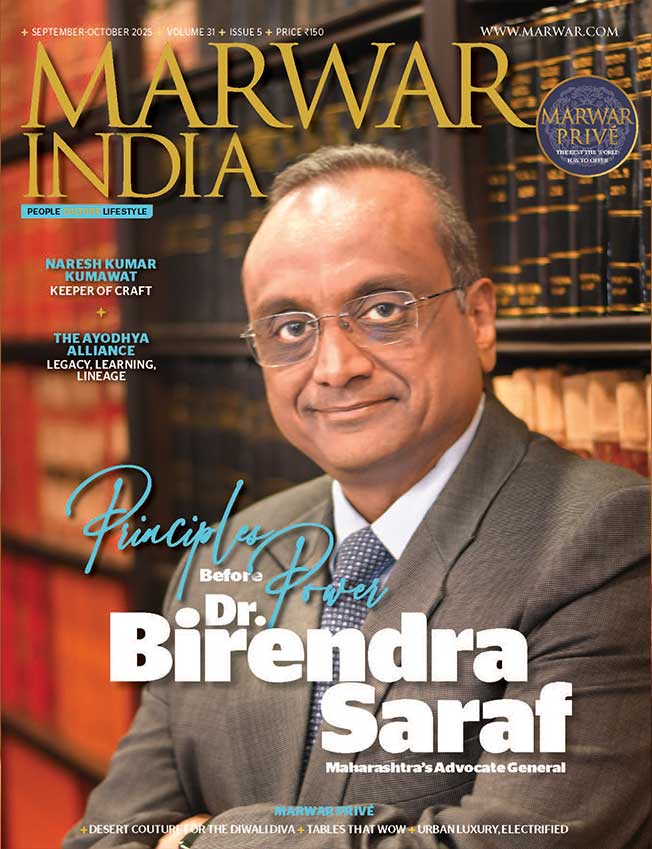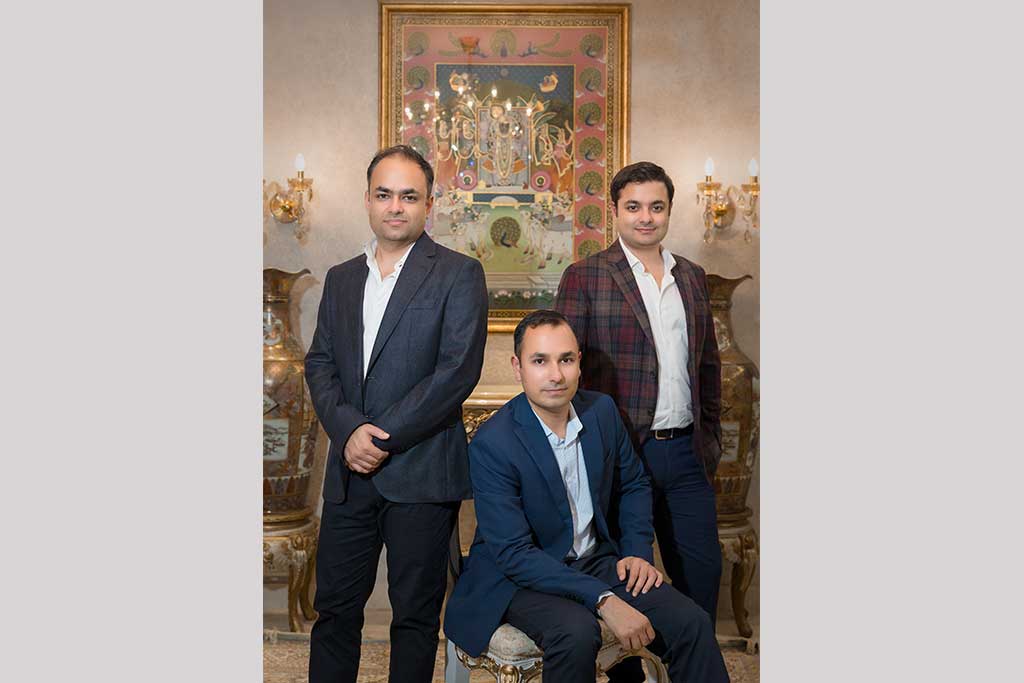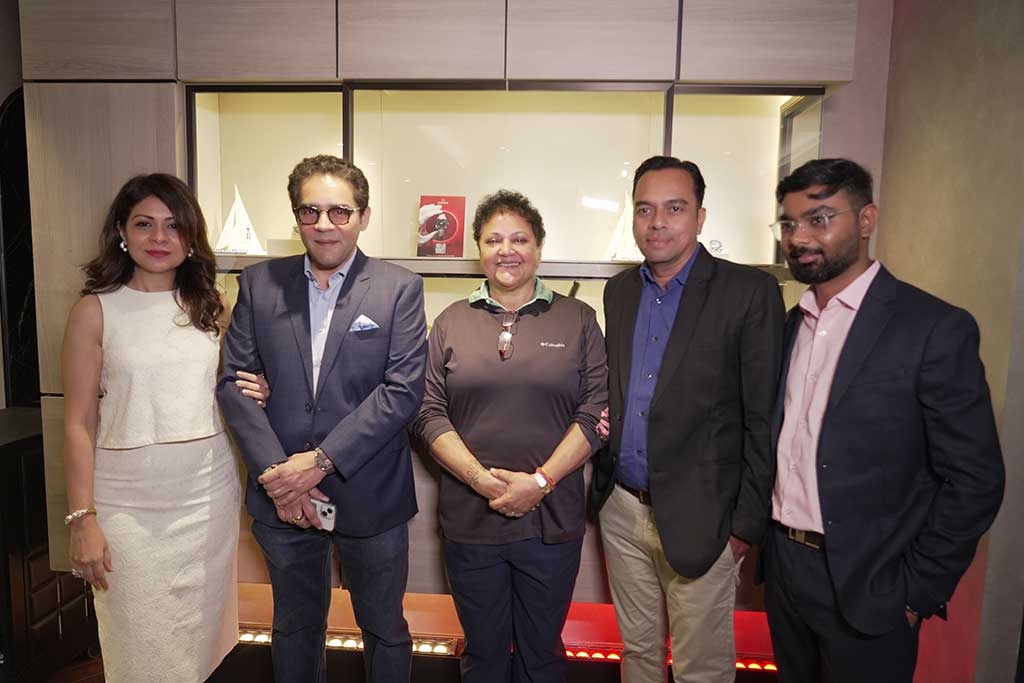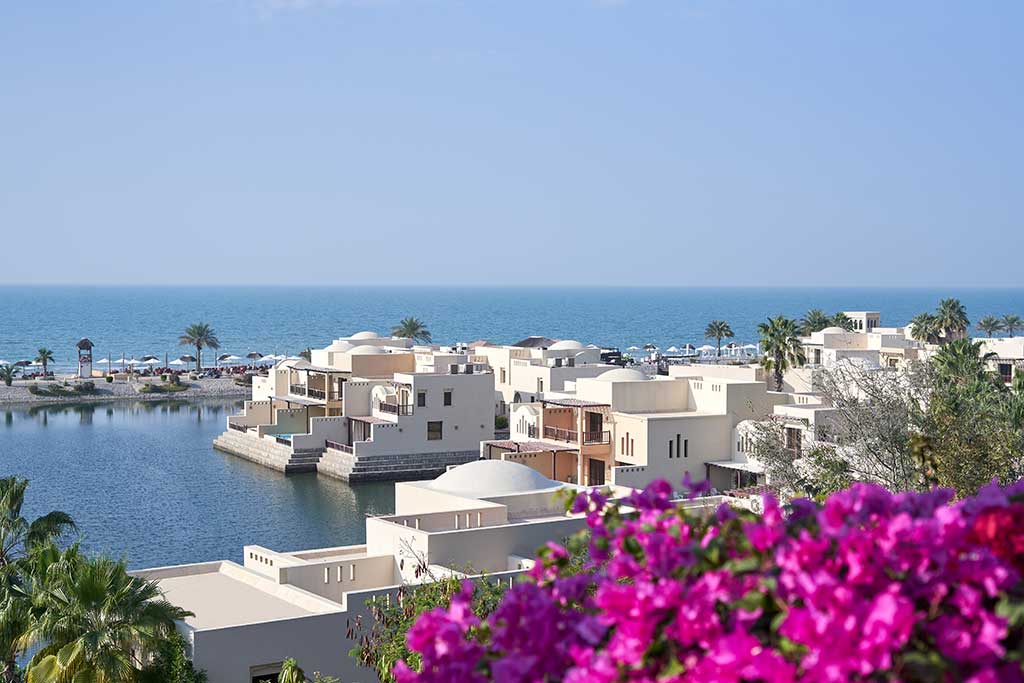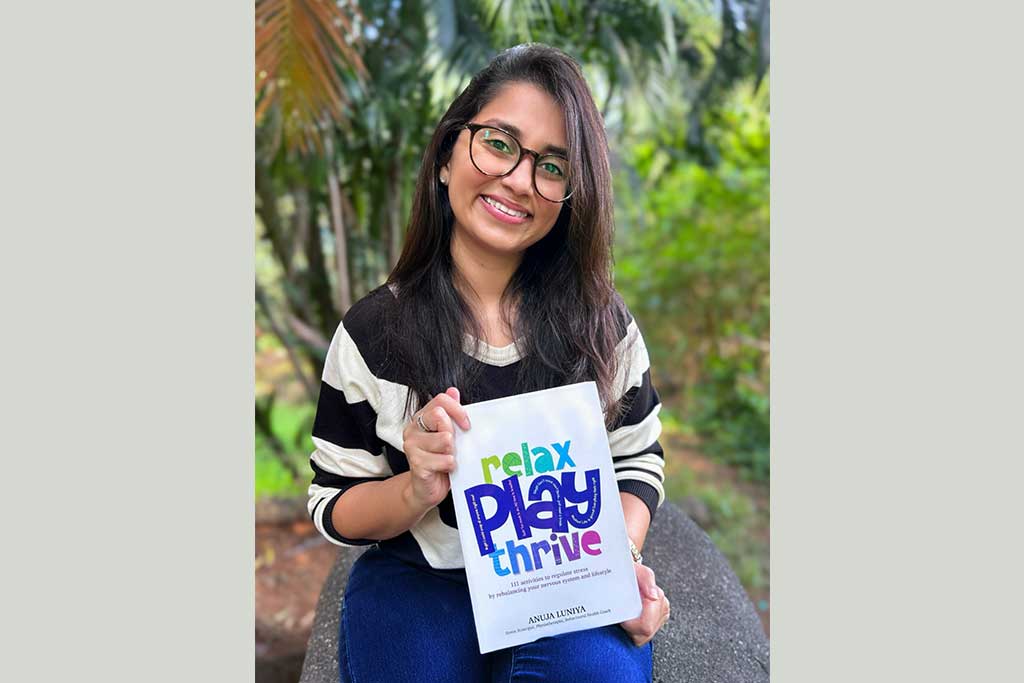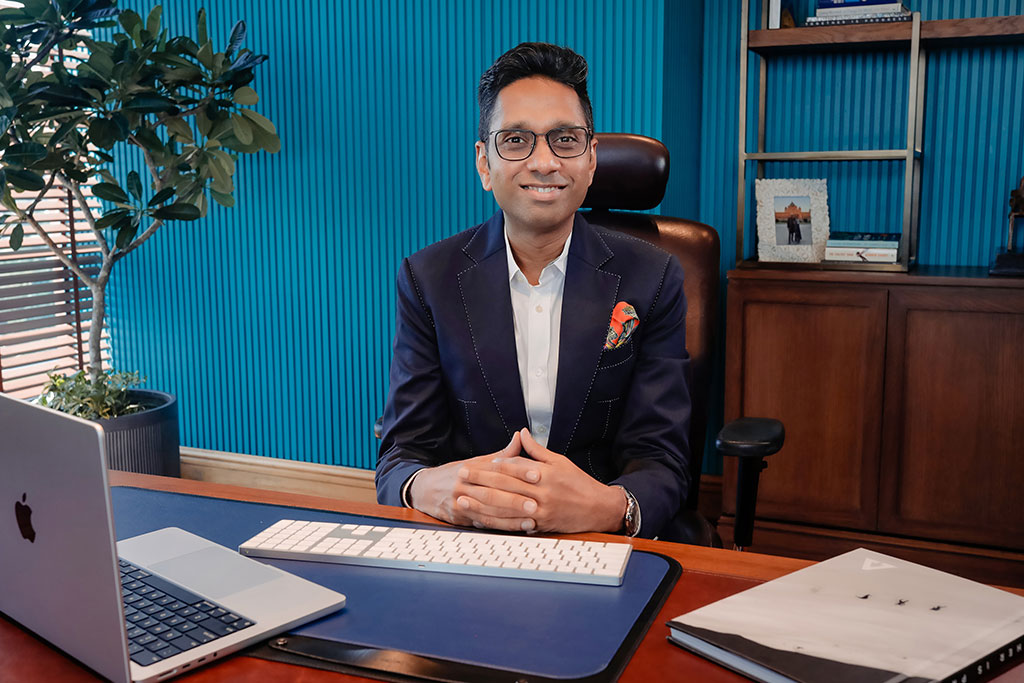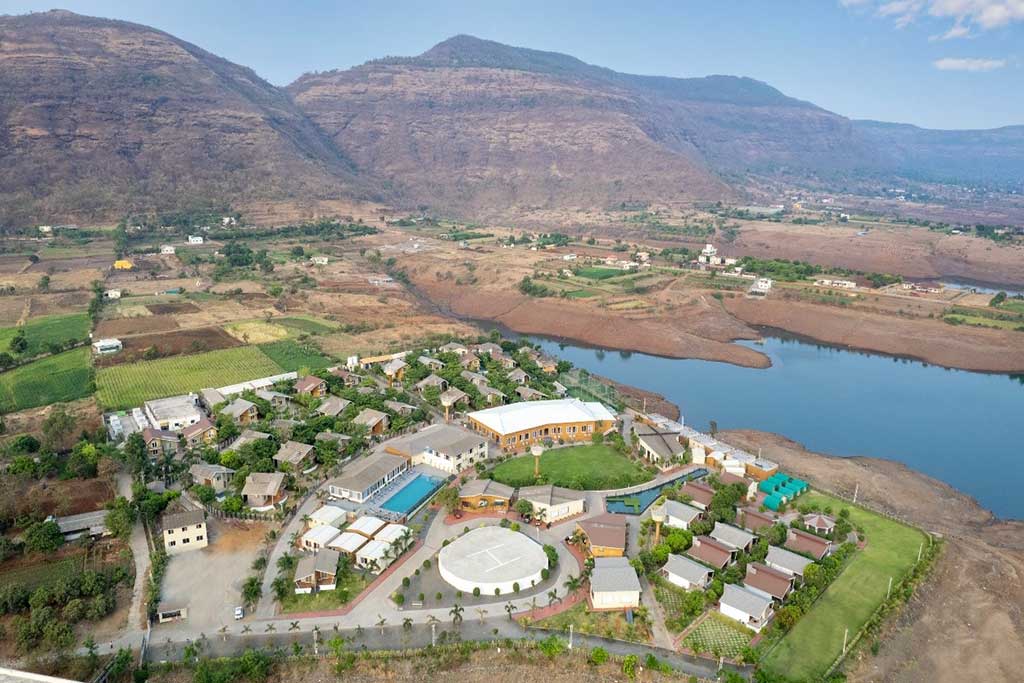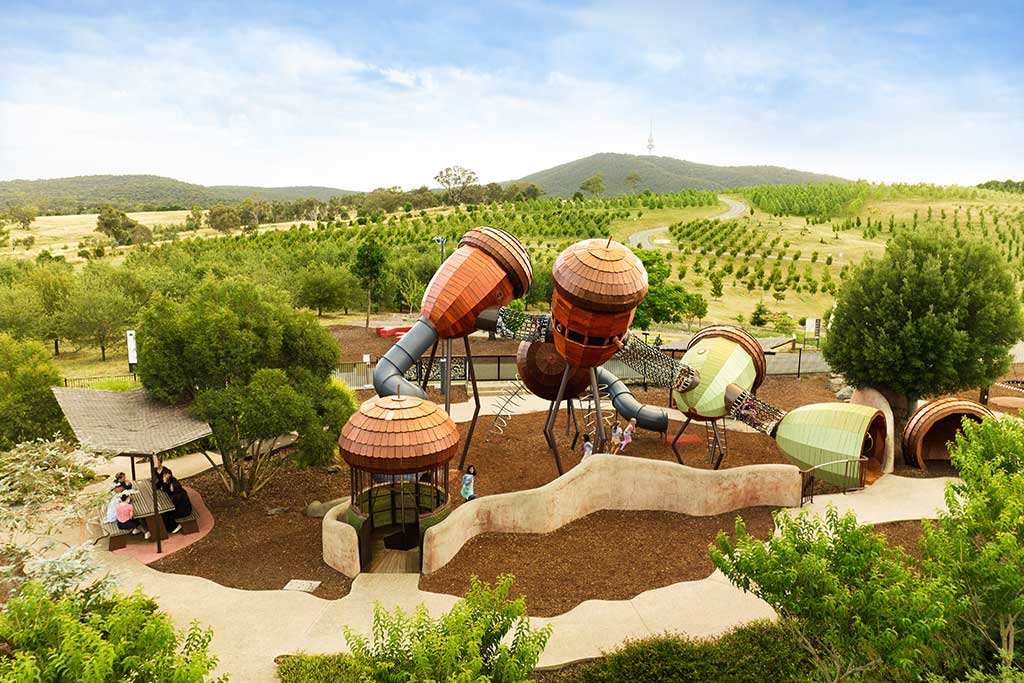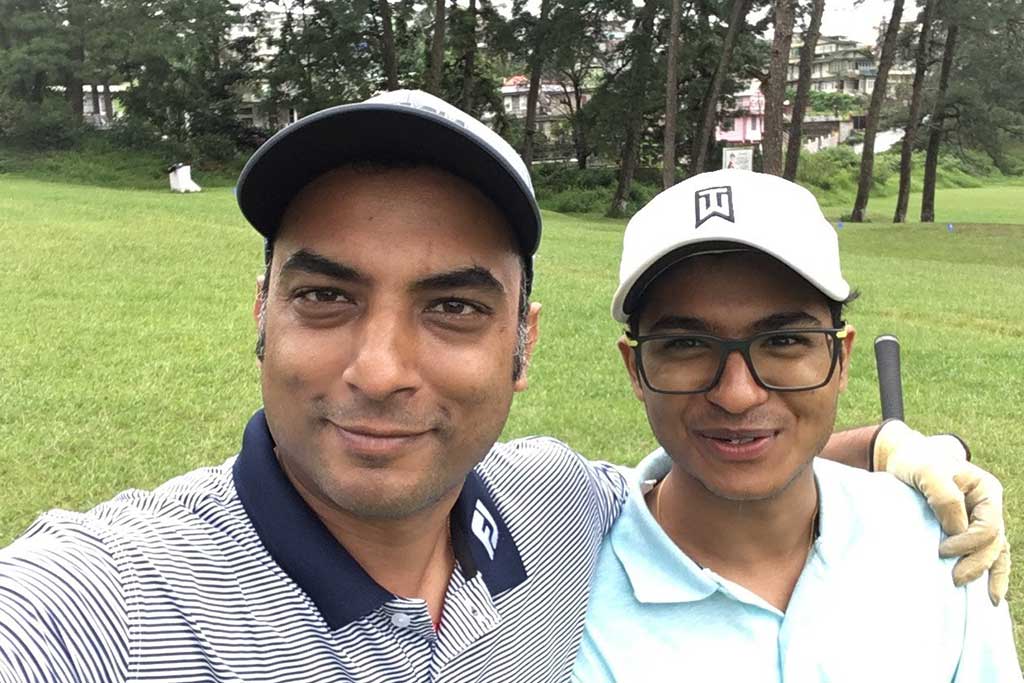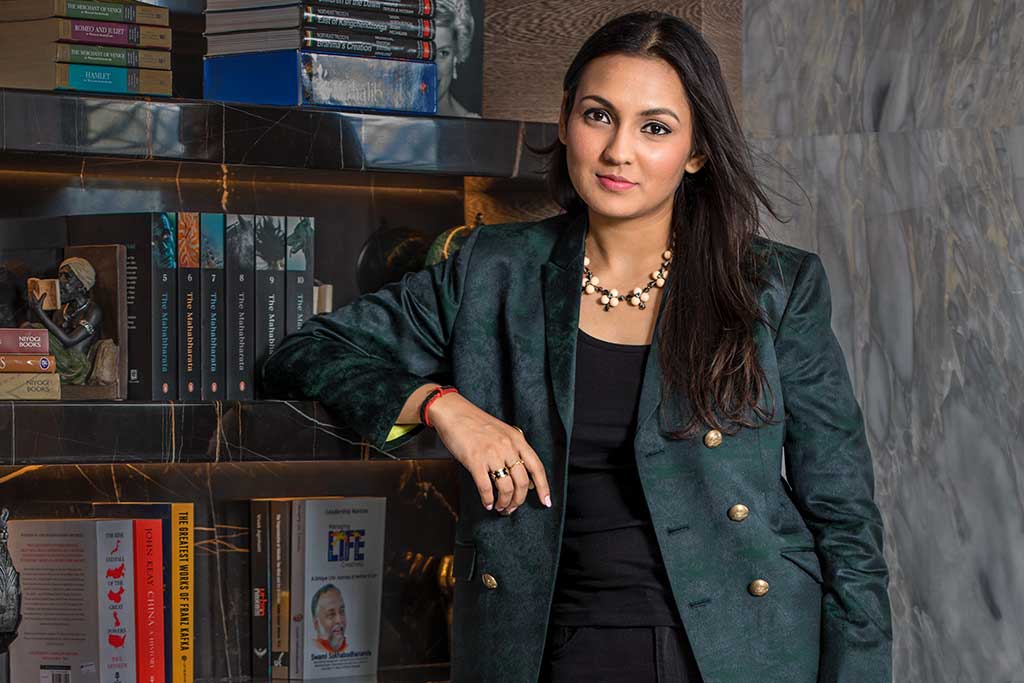Bharati Morarka, Chairperson, Morarka Foundation, has been promoting the legacy of her late industrialist and politician husband Kamal Morarka at considerable cost and effort.
On the afternoon of 15 January 2021, the usually bustling markets of Nawalgarh in the Shekhawati region of Rajasthan were eerily quiet as stallholders and shops had downed their shutters in a unilateral show of respect for one of the illustrious sons of the town who had breathed his last. For Kamal Morarka and his eponymous foundation had impacted every fibre of the town and benefitted inhabitants of the region in a unique manner, creating physical, educational, sporting and social institutions and also providing flourishing livelihoods to farmers yet preserving the environment. Some of these initiatives are as follows.
A community for learning
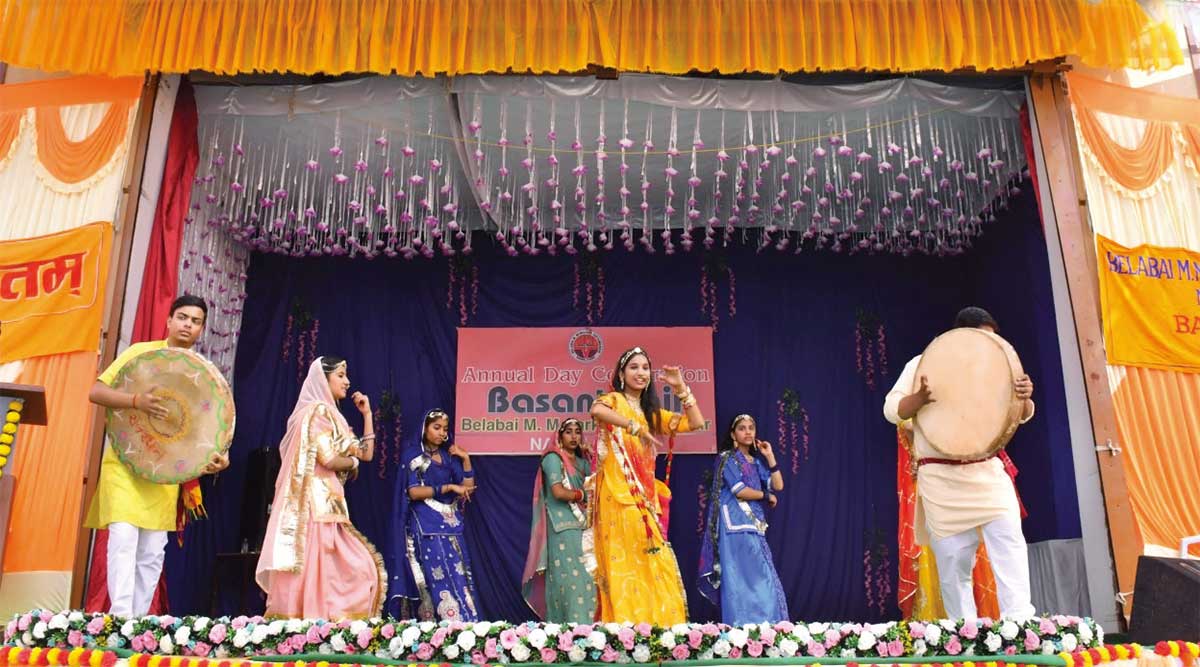
Belabai M. Morarka Vidyamandir, a co-educational English Medium senior secondary school established by Belabai Morarka Charitable Trust was inaugurated in July 1998. It is partly a measure of repayment of the immense debt of gratitude which the Morarka family owes to the town of their birth and origin. The school has been the pious wish of Belabai M. Morarka, wife of the Late Shri Mahavir Prasad R. Morarka and mother of Kamal M. Morarka that the students of the town should be educated and should be made self sufficient.
The vision is to make this Vidyamandir a learning community of motivated students and staff engaged in active learning through the best use of modern technology. The school aims to prepare the students to face the challenges of life by imparting quality education that shall foster academic excellence, physical fitness, psychological and mental development in each student.
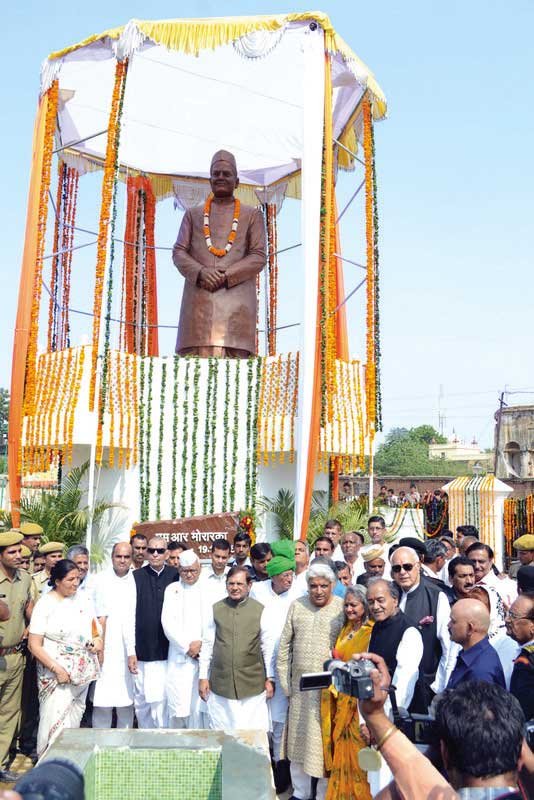
Developing the society
The journey of MR Morarka-GDC Rural Research Foundation—that began in 1991—has gone a long way in the efforts to create wealth for the nation. Beginning from Nawalgarh, covering about 10,000 target population, today with ITES (Information Technology Enabled Services) becoming the backbone, it serves a combined population of over one million households. The Foundation ventures into new areas such as Organic Farming and Certifications, Agriculture Extension, Tourism Promotion, Waste Management, Vermi Compost and Conservation of Heritage Sites.
With emphasis on R&D for technology, the Morarka Foundation focusses on the development and promotion of Vermiculture Technology. It has disseminated vermiculture know-how to over one million farm units in the country to create a combined annual production capacity of over seven million metric tons of Vermicast.
The development of Organic Agriculture is spread over 15 states in India, covering over 250,000 farm families, with over 10,000 farm families added every month. To convert agriculture into agribusinesses, Information Technology platforms have been developed to deliver Knowledge Management Services.
Providing skill training
Morarka Foundation launched the Nagarpalika Bhavan for common people to gain training facilities. The e-library facility provides easy Internet access to various stakeholders in Nawalgarh, and has become an important source of skill development with computer learning programs being imparted to students. Additionally, a video base basic education program is running through the center for children with mental disability. Rural women approach the center to develop their skill through computer courses, online cooking classes, dance classes, e-commerce, etc.
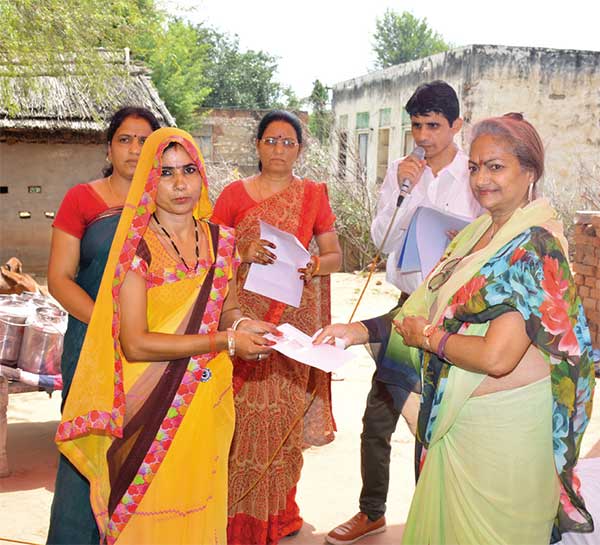
Tourism promotion is also looked upon as an opportunity to create employment for the rural youth in Nawalgarh. Beginning with the first Shekhawati Festival in 1995, today this event is recognised for Organic Farms and Food Festivals across the country and has become a model of Heritage Conservation in India. Additionally, other initiatives such as Watershed Development Program, Sheep and Wool Development Program, Skill Development for Diamond Cutting and Polishing, Eradication of Child Labour, Alternate Health & Family Welfare Service Delivery, Literacy and Primary Education, Food and Nutrition, etc. are being successfully implemented.
Recent Posts
Discover Your Perfect Honeymoon in the Maldives
For Indian couples embarking on their journey of togetherness, the Maldives has long held an almost mythical allure - a tapestry of turquoise
Jewels Fit For Generations : The Nemichand Bamalwa Story
Since 1987, Nemichand Bamalwa Jewellers has been more than just a name; it is a legacy of trust, craftsmanship, and innovation.
Welcome to "What's Your Plan?"
This vibrant social hub by DJRS Hospitality blends chic vibes with gourmet bites,
Rajasthan’s Crafty Fashion Takeover
Rajasthan, India’s desert jewel, is a repository of exquisite and time-honoured crafts.
‘Mercii’ Beaucoup, Mumbai!
Stepping into Mercii at 81 Crest, Khar, feels like entering a world where gratitude is plated with every exquisite bite.
Game. Set. Watch: Omega Celebrates Smriti Mehra
Luxury Watch Boutique Time Avenue, Mumbai, in collaboration with Omega, hosted a special event to honour none other than Smriti “Simi” Mehra,
Sand, Sea & Sky - High Thrills
Whether you’re soaking in serene natural beauty or diving into extravagant fun, the UAE offers the perfect setting for an unforgettable family getaway.
Dr. Anuja Luniya Shows You How to Stress Less, Live More
Meet Dr. Anuja Luniya, physiotherapist by degree, stress strategist by passion, and your go-to guru for turning everyday chaos into calm.
Breitling's 140th-Anniversary Vintage Watch Exhibition: An Unmissable Showcase
The Breitling Heritage Exhibition, a remarkable showcase of the brand’s most iconic timepieces from its 140-year history, has been on an extensive global tour with 55 stops across four continents.
Dawn to Dusk with Sidhart Pansari: Steering Primarc's Legacy into the Future
We follow the dynamic director of the fastascendant Primarc Group
4 Perfect Getaway Resorts Near Mumbai
For those looking to break away from the urban bustle, India's hidden nature
48 Hours In Canberra
Canberra is a vibrant city with a rich culture, awe-inspiring natural landscapes, adventure-filed activities, and hospitable locals.
Understated Power
In the charming town of Shillong, Meghalaya, golf is more than just a game—it's a family affair for Gaurav and Lakshya Bajaj.
Understated Power
The Lexus LX500d is a rare sight on the roads, and this exclusivity is where its distinctive charms resides.
The Money Manager
Engaging young, ambitious, tech-savvy successors to manage family wealth is a rising global need among the super-rich.

